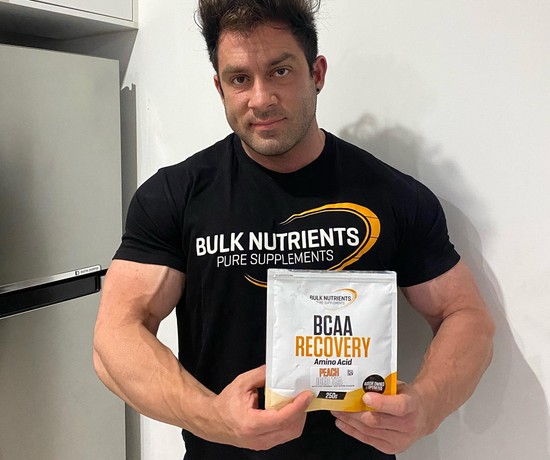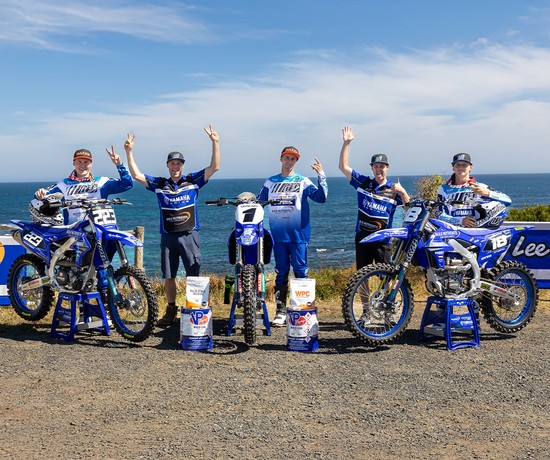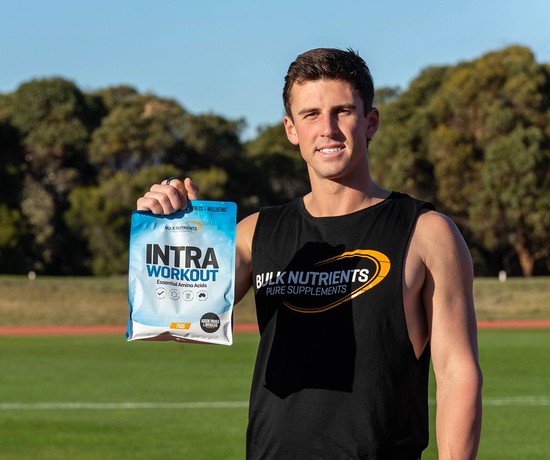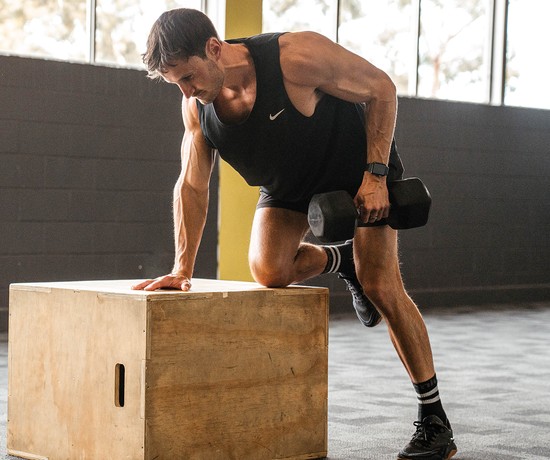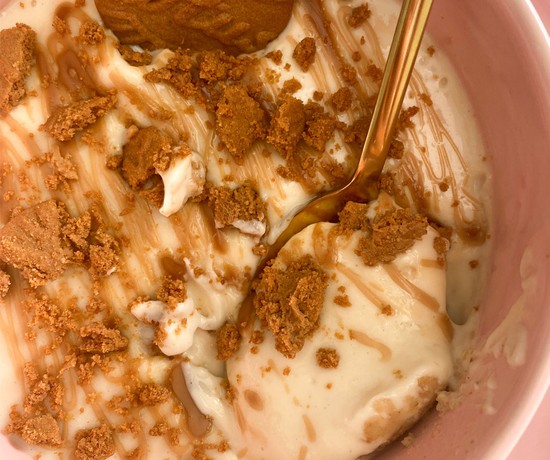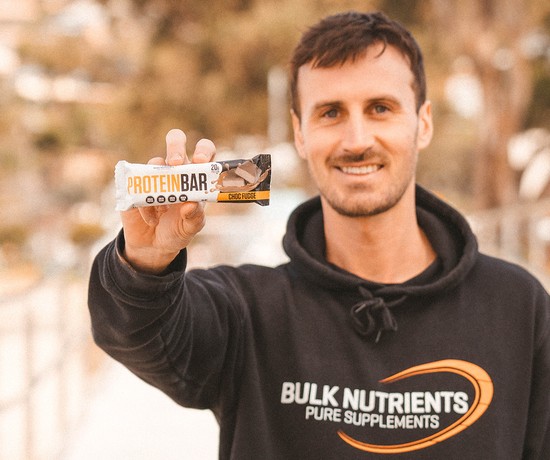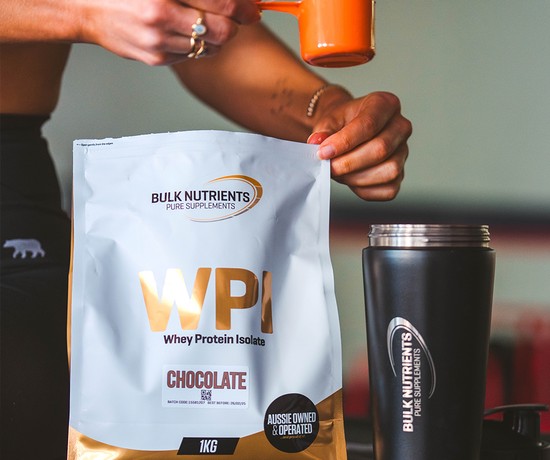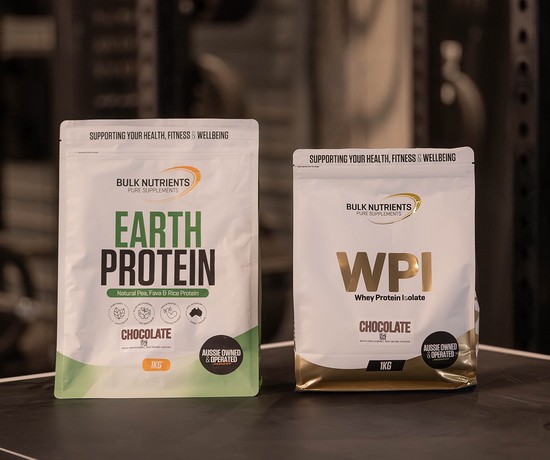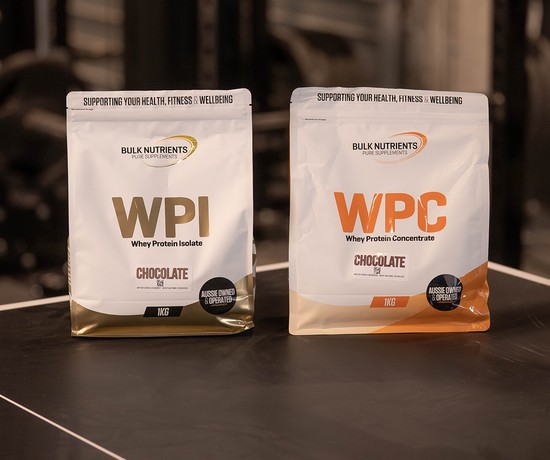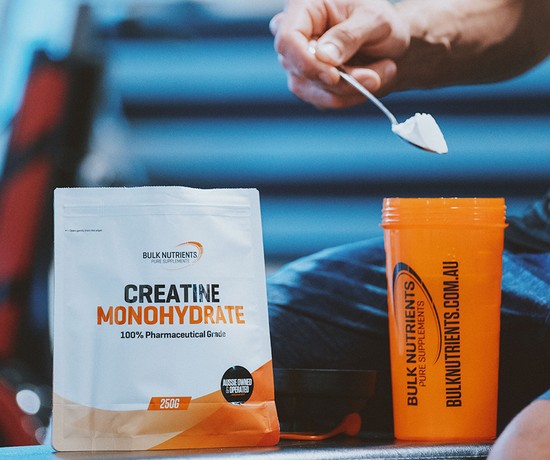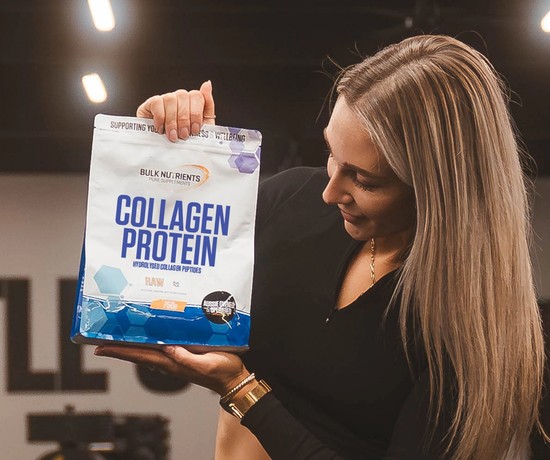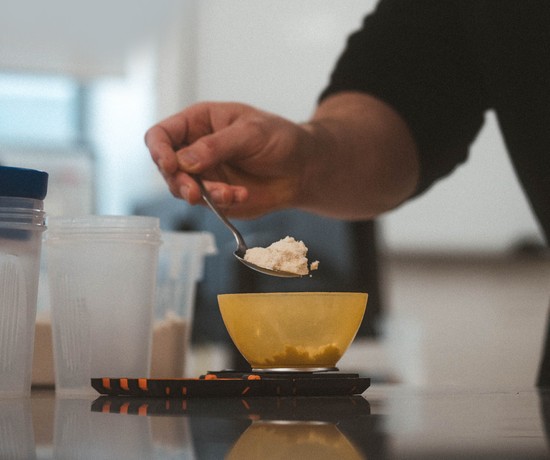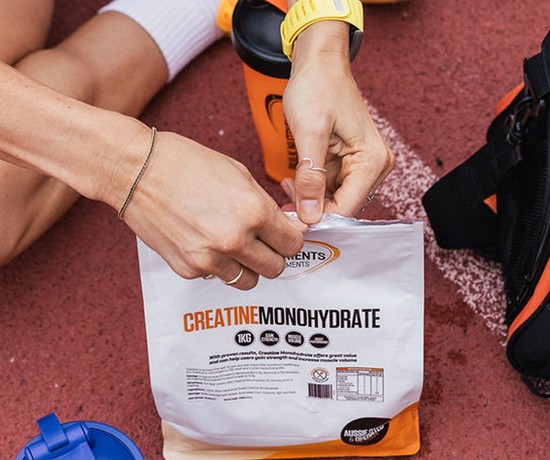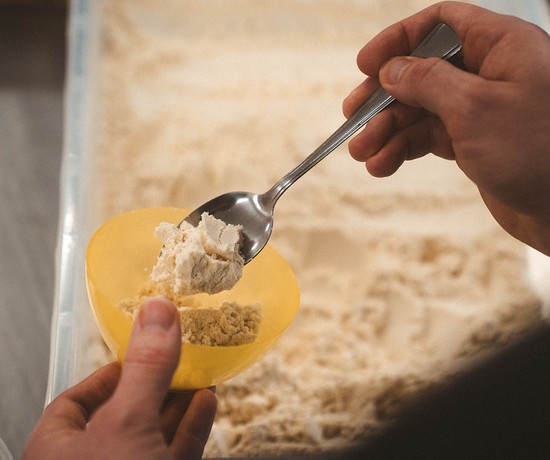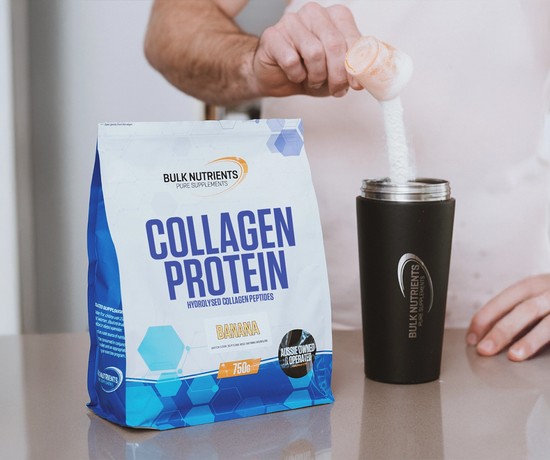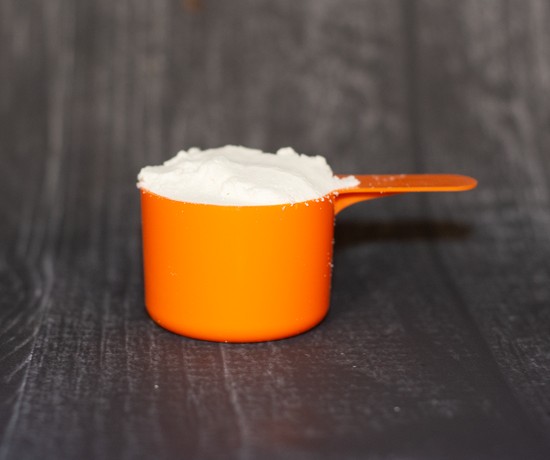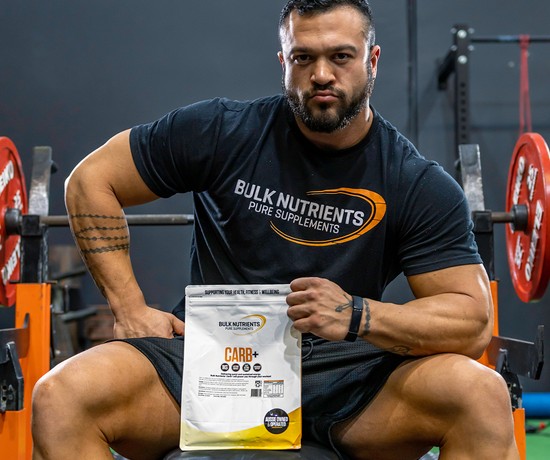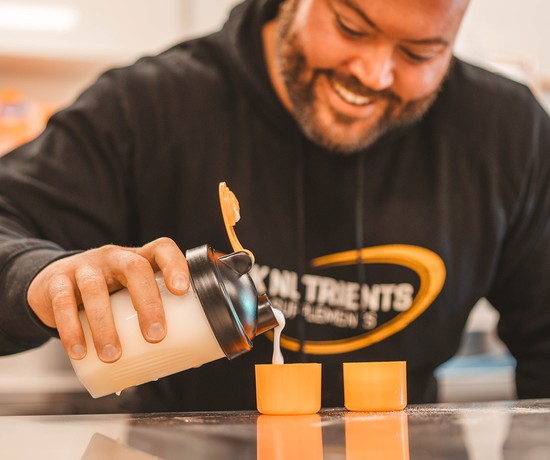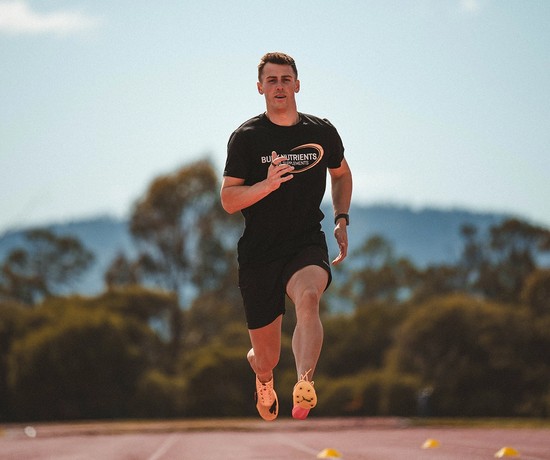How Important is Sleep for Muscle Building/Retention?

What does research say on sleep and muscle retention?
Resistance exercise exerts mechanical tension on muscles, activating pathways that control muscle protein synthesis in the cell. However, inadequate sleeping habits tend to disturb muscle protein metabolism, which can blunt muscle adaptations to resistance exercise. This explains why it is very challenging to build decent amounts of muscle (or retain it while cutting body fat) when sleep deprived.
Impacts of poor sleep on performance and muscle building
A study by Reilly & Piercy in 2007 evaluated the effects of partial sleep deprivation on weightlifting performance in which they recruited 8 active male subjects between the ages of 18-24. The athletes underwent a reduced sleep ration, having sleep reduced to a window of 3 hours for 3 consecutive nights after baseline measures were taken.
The researchers found that performance of weightlifting tasks was negatively affected by the sleep loss, with movements involving larger muscle groups seeing a greater decline. Also, mood states related to physical performance such as fatigue and vigor deteriorated significantly after just the first night. Similarly, perception of effort increased as the days progressed in almost all lifting movements.
Finally, there was an increase in subjective scored for confusion after the second night of sleep loss, which fits in line with previous studies of this kind.

Impacts of poor sleep on body composition
In another interesting study by Nedeltcheva and colleagues (2010), the researchers evaluated the effects of a 14-day calorie restricted diet amongst individuals who slept either 5.5 or 8.5 hours per night. While the loss of body mass was similar across both groups, the group sleeping only 5.5 hours showed a much higher loss of lean mass (60%), and a reduced loss of fat mass (55%). This provides further insight into the importance of sleep for muscle mass retention, especially during targeted periods of fat loss.
Sleep deprivation and stressors
Interestingly enough, a study by Minkel and colleagues (2012) evaluated the effects of one night of sleep deprivation on subjective stress and mood and found a bidirectional relationship, meaning stress can reduce sleep and sleep loss can increase stress levels.
They showed that partial sleep deprivation lowered the threshold for stress reactions to performance demands and concluded that chronic partial sleep loss produces cumulative cognitive deficits.
Sleep deprivation and recovery
It has been frequently demonstrated that inadequate sleep impairs recovery. A study by Dattilo et al. (2011) aimed to study how lack of sleep plays an important role in muscle recovery and concluded that sleep debt damages the physiology of muscle and limits the recovery of muscle, which promotes muscle atrophy. In order to repair muscle damage (and create adaptations from your training), molecular changes must happen in order for damaged cells to recover or to be exchanged with new ones. However, it is quite clear that sleep deprivation interferes with these processes and jeopardises our muscle growth and maintenance efforts.
Looking for a good night's sleep for recovery keep in mind the 90-minute sleep cycle method.

Practical sleep hygeine recommendations
The NSF (National Sleep Foundation) conducted a systematic review in 2017 that helped determine sleep duration recommendations.
It is important to note that the expert panel emphasised that some individuals may sleep less or more than the duration recommendations without experiencing negative effects.
Another key point that the NSF emphasises is the fact that individuals that chronically sleep less than the recommended range may experience serious health problems.
The panel agreed to the following durations per age category:
- Toddler: 1-2 years – 11 to 14h (No less than 09)
- Preschooler: 3-5 years – 10 to 13h (No less than 08)
- School-age: 6-13 years – 9 to 11h (No less than 07)
- Teenager: 14-17 years – 8 to 10h (No less than 07)
- Young adult: 18-25 years – 7 to 9h (No less than 06)
- Adult: 26-64 years – 7 to 9h (No less than 06)
- Older adult: ≥65 years – 7 to 8h (No less than 06)
Conclusion
The aforementioned studies show quite clearly that chronic sleep debt or restriction can significantly impact muscle metabolism in a negative way, as well as impair resistance training performance, stress levels, mood state, recovery and body composition. Inadequate sleep habits are a barrier for individuals who want to build and retain muscle mass long-term because of the way sleep loss promotes muscle atrophy by blunting skeletal muscle adaptations and encouraging protein degradation.
Sleep deprivation is a silent killer to your physique pursuits. If you are sleeping below the listed recommendations, then you could be significantly reducing your ability to recover, adapt and progress with your training. If physique progression is one of your priorities (which I assume it is if you’re reading this article) then I highly recommended getting around 7-9 hours of (continuous preferably) sleep for both psychological and physiological enhancement.
When it comes to business, sleep less is king.
When it comes to physique development, it’s quite the opposite.

Jackson Peos
Jackson Peos has completed a PhD at the University of Western Australia, and has a straightforward approach to nutrition and supplements.
He's completed his BSc in Sports Science, and Exercise & Health, and his BSc (Hons) in Exercise Physiology.
References:
- Marshall, Geoff J.G. MSc, CSCS; Turner, Anthony N. MSc, CSCS*D The Importance of Sleep for Athletic Performance, Strength and Conditioning Journal: February 2016 - Volume 38 - Issue 1 - p 61-67 doi: 10.1519/SSC.0000000000000189
- Nedeltcheva AV, Kilkus JM, Imperial J, Schoeller DA, Penev PD. Insufficient sleep undermines dietary efforts to reduce adiposity. Ann Intern Med 2010;153:435–41
- M. Dattilo, H.K.M. Antunes, A. Medeiros, M. Mônico Neto, H.S. Souza, S. Tufik, M.T. de Mello, Sleep and muscle recovery: Endocrinological and molecular basis for a new and promising hypothesis, Medical Hypotheses, Volume 77, Issue 2, 2011
- Marco Bigica, Chunxiang Jiang, Ilenia D’Onofrio, Zhishan Liu, Chen Song, 123 Detrimental effects of acute sleep deprivation on perceptual metacognition, Sleep, Volume 44, Issue Supplement_2, May 2021, Page A50, https://academic.oup.com/sleep/article/44/Supplement_2/A50/6260121
- Simpson NS, Gibbs EL, Matheson GO. Optimizing sleep to maximize performance: implications and recommendations for elite athletes. Scand J Med Sci Sports. 2017 Mar;27(3):266-274. doi: 10.1111/sms.12703. Epub 2016 Jul 1. PMID: 27367265.
- Fullagar HH, Skorski S, Duffield R, Hammes D, Coutts AJ, Meyer T. Sleep and athletic performance: the effects of sleep loss on exercise performance, and physiological and cognitive responses to exercise. Sports Med. 2015 Feb;45(2):161-86. doi: 10.1007/s40279-014-0260-0. PMID: 25315456.
- Aisbett B, Condo D, Zacharewicz E, Lamon S. The Impact of Shiftwork on Skeletal Muscle Health. Nutrients. 2017 Mar 8;9(3):248. doi: 10.3390/nu9030248. PMID: 28282858; PMCID: PMC5372911.
- Burley SD, Whittingham-Dowd J, Allen J, Grosset JF, Onambele-Pearson GL. The Differential Hormonal Milieu of Morning versus Evening May Have an Impact on Muscle Hypertrophic Potential. PLoS One. 2016 Sep 1;11(9):e0161500. doi: 10.1371/journal.pone.0161500. PMID: 27583459; PMCID: PMC5008805.
- Knowles, O. E., Drinkwater, E. J., Urwin, C. S., Lamon, S., & Aisbett, B. (2018). Inadequate sleep and muscle strength: Implications for resistance training. Journal of Science and Medicine in Sport, 21(9), 959–968. doi:10.1016/j.jsams.2018.01.012
- Reilly T, Piercy M. The effect of partial sleep deprivation on weight-lifting performance. Ergonomics. 1994 Jan;37(1):107-15. doi: 10.1080/00140139408963628. PMID: 8112265.
- Minkel, Jared D et al. “Sleep deprivation and stressors: evidence for elevated negative affect in response to mild stressors when sleep deprived.” Emotion (Washington, D.C.) vol. 12,5 (2012): 1015-20. doi:10.1037/a0026871
- Hirshkowitz, M., Whiton, K., Albert, S. M., Alessi, C., Bruni, O., DonCarlos, L., … Adams Hillard, P. J. (2015). National Sleep Foundation’s sleep time duration recommendations: methodology and results summary. Sleep Health, 1(1), 40–43.doi:10.1016/j.sleh.2014.12.010






